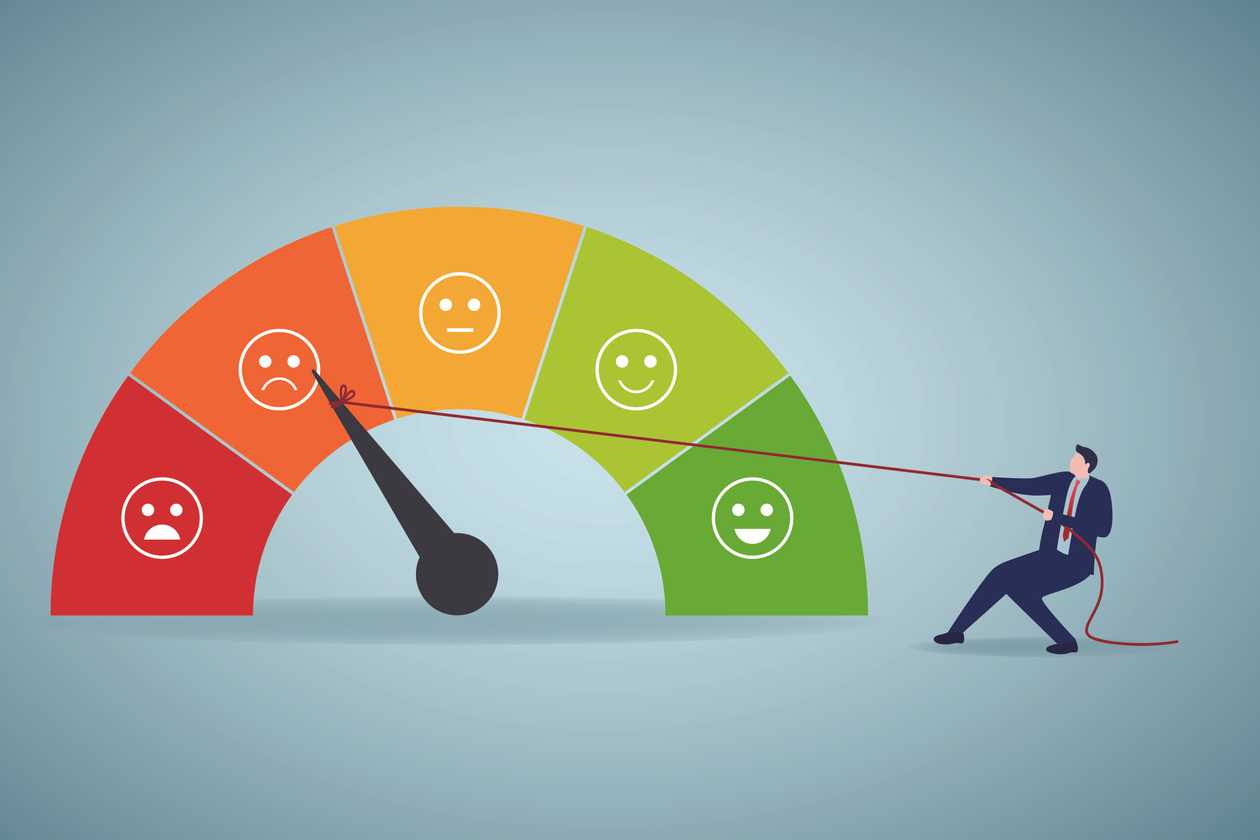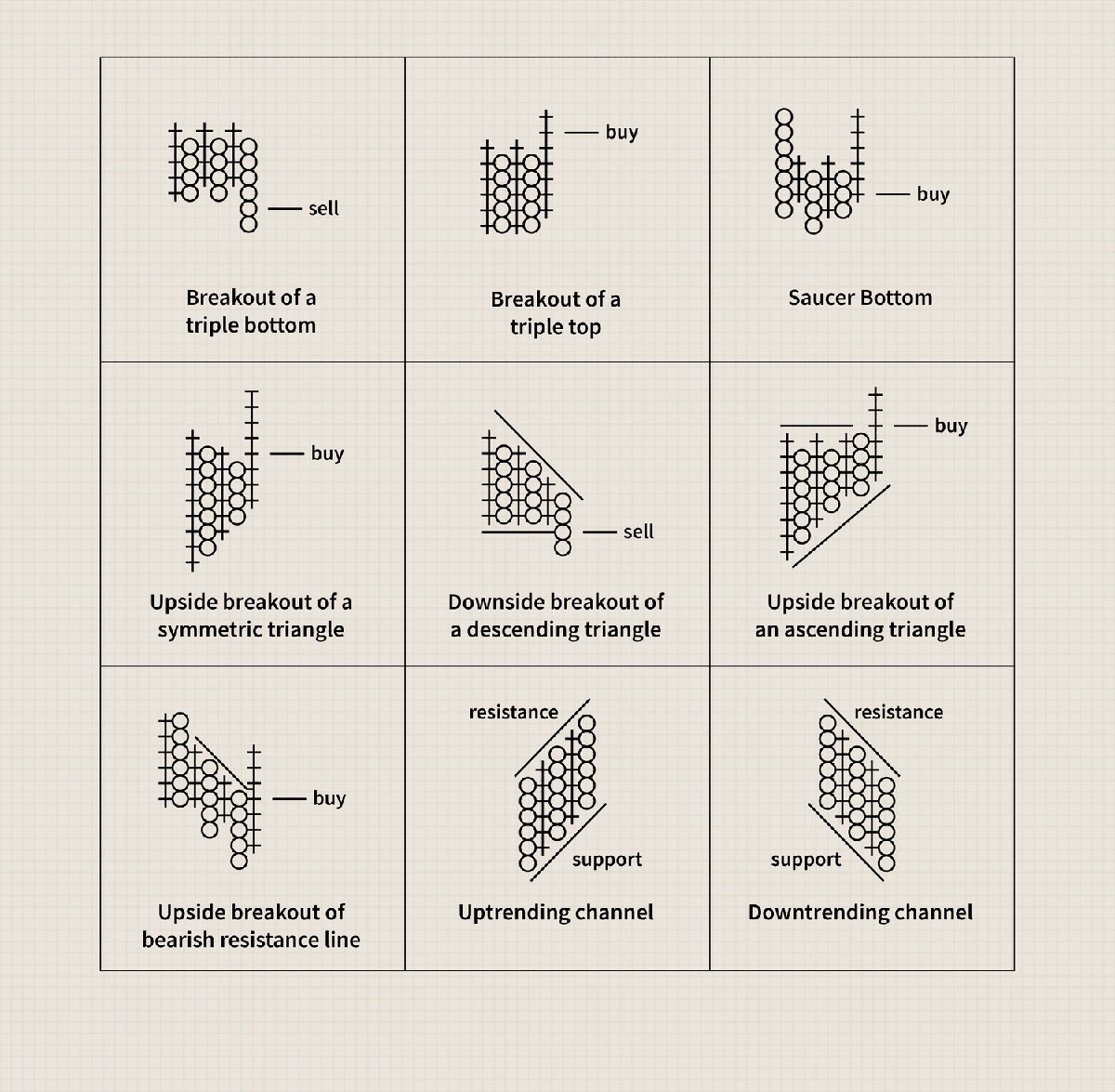Home>Finance>How Much Will My Credit Score Increase After Paying Off Car Loan


Finance
How Much Will My Credit Score Increase After Paying Off Car Loan
Modified: March 6, 2024
Paying off your car loan can have a positive impact on your credit score. Find out how much your score could increase and improve your financial standing.
(Many of the links in this article redirect to a specific reviewed product. Your purchase of these products through affiliate links helps to generate commission for LiveWell, at no extra cost. Learn more)
Table of Contents
Introduction:
When it comes to managing your finances, your credit score plays a crucial role. Your credit score is a numerical representation of your creditworthiness and is used by lenders to assess your ability to repay loans and other forms of credit. One significant factor that can impact your credit score is a car loan.
Many individuals rely on car loans to finance their vehicle purchases. While taking out a car loan can help you afford the car of your dreams, it’s important to understand how it can affect your credit score both in the short term and in the long run. In this article, we will explore the relationship between car loans and credit scores and address the common question: how much will my credit score increase after paying off a car loan?
Before we delve into the details, let’s first establish a basic understanding of credit scores.
A credit score typically ranges from 300 to 850, with a higher score indicating better creditworthiness. Lenders use credit scores to assess the risk of lending to an individual and to determine the terms of the loan, including the interest rate. A higher credit score can lead to more favorable loan terms and better borrowing opportunities.
Now that we have a foundation in place, let’s explore how car loans can impact credit scores and how paying off a car loan can potentially lead to an increase in your credit score.
Understanding Credit Scores:
Before we dive into the impact of car loans on credit scores, it’s important to have a solid understanding of how credit scores are calculated and what factors contribute to their calculation.
Credit scores are determined by various credit reporting agencies, such as Equifax, Experian, and TransUnion. These agencies compile data from banks, lenders, and other financial institutions to create a comprehensive picture of an individual’s credit history. The most commonly used credit scoring model is the FICO score, developed by the Fair Isaac Corporation.
Several factors contribute to the calculation of your credit score, including:
Payment History: Your payment history has a significant impact on your credit score. It takes into account whether you make payments on time, have any late or missed payments, and if you have any accounts in collections.
Credit Utilization: Credit utilization refers to the percentage of your available credit that you are currently using. It is calculated by dividing your outstanding debt by your total credit limit. Lower credit utilization ratios are generally considered more favorable.
Length of Credit History: The length of your credit history also plays a role in determining your credit score. Lenders prefer to see a longer credit history as it provides a more comprehensive view of your financial behavior.
Credit Mix: Having a diverse mix of credit types, such as credit cards, mortgages, and car loans, can positively impact your credit score. This demonstrates your ability to manage different types of credit responsibly.
New Credit Inquiries: Each time you apply for new credit, a hard inquiry is recorded on your credit report. Too many inquiries within a short period can negatively impact your credit score.
By understanding these key factors, you can get a sense of how your credit score is evaluated. Now, let’s explore the specific impact of car loans on credit scores.
Impact of Car Loans on Credit Scores:
When you take out a car loan, it becomes a significant part of your credit history. How this loan impacts your credit score depends on several factors.
Payment History: Making your car loan payments on time is crucial for maintaining a positive credit history. Timely payments demonstrate your ability to manage your debts responsibly and can have a positive impact on your credit score.
Credit Utilization: Car loans are installment loans, which means they have a fixed repayment period and a set monthly payment. Having a car loan can increase your overall credit utilization ratio. However, as long as you are making your payments on time, a car loan typically has a minimal negative impact on your credit score.
Length of Credit History: The age of your car loan can contribute to the length of your credit history. Generally, having a longer credit history is favorable, and a well-managed car loan can help extend the length of your credit history.
Types of Credit: Having a mix of credit types is beneficial for your credit score. By adding a car loan to your credit portfolio, you diversify your credit mix, which can positively impact your credit score.
New Credit Inquiries: When you apply for a car loan, the lender will perform a hard inquiry on your credit report. This inquiry can temporarily lower your credit score by a few points. However, its impact is generally minimal compared to other factors.
Overall, when managed responsibly, a car loan can have a positive impact on your credit score. Making payments on time, diversifying your credit mix, and maintaining a healthy credit utilization ratio are all factors that contribute to a favorable credit score. Now, let’s explore the specific factors that can determine how much your credit score will increase after paying off a car loan.
Factors that Determine Credit Score Increase:
The increase in your credit score after paying off a car loan is influenced by several key factors. Understanding these factors can help you anticipate the potential improvement in your credit score.
Payment History: Consistently making on-time payments on your car loan is crucial for a positive credit history. If you have a solid payment history and have never missed a payment, paying off your car loan will reflect positively on your credit score.
Credit Utilization Ratio: Paying off your car loan can decrease your overall credit utilization ratio. This ratio measures the percentage of your available credit you are currently using. A lower credit utilization ratio generally leads to a higher credit score.
Account Age: The age of your accounts, including your car loan, is an important factor in determining your credit score. As your car loan ages, it contributes to the length of your credit history. A longer credit history is generally viewed favorably by lenders and can positively impact your credit score.
Credit Mix: A diverse credit mix, including different types of loans like car loans and mortgages, can contribute to a higher credit score. Paying off your car loan can affect your credit mix, so it’s important to maintain other types of credit to continue benefiting from a diverse credit portfolio.
New Credit Inquiries: Paying off your car loan does not directly impact the number of inquiries on your credit report. However, if you plan to apply for new credit in the future, having one less loan to factor into your debt-to-income ratio can improve your chances of getting approved for new credit.
It’s important to note that the impact of paying off a car loan on your credit score will vary depending on your overall credit profile. If you have a limited credit history or other negative marks on your credit report, the increase in your credit score may be less significant. However, for individuals with a strong credit history, paying off a car loan can be a positive step towards improving their credit score.
Now that we understand the factors that contribute to a credit score increase after paying off a car loan, let’s explore how you can monitor changes in your credit score.
Paying Off a Car Loan and Credit Score Increase:
Now that you have a clear understanding of the factors that determine credit score increases, let’s explore the specific impact of paying off a car loan on your credit score.
When you make your final payment and successfully pay off your car loan, it demonstrates responsible financial behavior to credit reporting agencies. The positive effects of paying off your car loan can be seen in various aspects of your credit score:
Payment History: Paying off your car loan means that you have successfully met your financial obligations, which reflects positively on your payment history. This can contribute to an increase in your credit score.
Credit Utilization Ratio: Paying off your car loan reduces your overall outstanding debt, which leads to a lower credit utilization ratio. This decrease in debt can result in a higher credit score, as it indicates to lenders that you are managing your credit responsibly.
Account Age: While closing a loan account does not immediately remove it from your credit history, it can impact the average age of your accounts. If your car loan is one of your oldest accounts and you don’t have a substantial credit history, closing the loan may result in a small decrease in your credit score. However, in the long run, having a well-managed loan paid off can contribute to a more positive credit score.
Credit Mix: If your car loan was your only installment loan, paying it off may temporarily impact your credit mix. However, if you have other types of credit, such as credit cards or a mortgage, the impact on your credit mix will be minimal. As long as you continue to responsibly manage your remaining credit accounts, paying off your car loan can still lead to an overall increase in your credit score.
It’s important to note that the exact increase in your credit score after paying off a car loan will vary depending on your individual circumstances, credit history, and other factors affecting your credit. It’s best to monitor your credit score regularly to track any changes and improvements.
Now, let’s explore how you can monitor changes in your credit score after paying off your car loan.
How to Monitor Credit Score Changes:
Monitoring your credit score is essential to track any changes and improvements, especially after paying off a car loan. Here are some steps you can take to effectively monitor your credit score:
1. Obtain a Free Credit Report: Under federal law, you are entitled to a free credit report from each of the major credit reporting agencies (Equifax, Experian, and TransUnion) once every 12 months. Request your reports and review them for any errors or inaccuracies that could potentially impact your credit score.
2. Sign up for Credit Monitoring Services: Many credit monitoring services are available that provide regular updates on your credit score and notify you of any changes or discrepancies in your credit report. These services often offer additional features such as identity theft protection or personalized credit advice.
3. Utilize Online Credit Score Tools: Some financial institutions and credit card companies provide free access to your credit score through their online banking platforms. Take advantage of these tools to track your credit score conveniently.
4. Set up Credit Score Alerts: Enroll in credit score alert services that notify you via email or text whenever there is a significant change in your credit score. This allows you to stay informed and promptly address any unexpected drops or increases in your score.
5. Monitor Credit Card Activity: Regularly review your credit card statements and transactions for any unauthorized charges or signs of potential fraud. Unauthorized activity can damage your credit score, so being vigilant can help mitigate any negative impact.
6. Pay Attention to Outstanding Debts: Keep track of any outstanding debts or loans to ensure timely payments. Paying all bills on time can help maintain a positive credit score and minimize the risk of any negative impact.
7. Maintain Good Financial Habits: Continuously practice responsible financial behaviors such as making payments on time, keeping credit utilization low, and avoiding taking on excessive debt. These habits contribute to a healthy credit score and long-term financial well-being.
By actively monitoring your credit score, you can stay informed about the impact of paying off your car loan and any subsequent changes in your creditworthiness. Regular monitoring allows you to take necessary actions to protect and improve your credit score if needed.
Now, let’s summarize what we have covered in this article.
Conclusion:
Paying off a car loan can have a positive impact on your credit score, but the magnitude of the increase will depend on various factors, including your payment history, overall credit utilization, account age, credit mix, and the presence of new credit inquiries. Responsible repayment of your car loan demonstrates your ability to manage debt, which can boost your creditworthiness in the eyes of lenders.
While paying off a car loan can lead to credit score improvements, it’s important to note that each individual’s credit profile is unique. Factors such as the length of your credit history, other outstanding debts, and any negative marks on your credit report can influence the overall outcome. Regularly monitoring your credit score, reviewing your credit reports, and practicing good financial habits will help you maintain a healthy credit profile.
By understanding how car loans and credit scores intersect, you can make informed financial decisions and take steps to improve your creditworthiness. Remember, a higher credit score can lead to better loan terms, increased borrowing power, and more opportunities for financial growth.
So, if you have paid off your car loan or are considering doing so, take the time to monitor your credit score, review your credit reports, and continue building strong financial habits. By doing so, you can reap the long-term benefits of a healthy credit score and achieve greater financial success.
Remember, paying off your car loan is just one piece of the puzzle. Maintaining responsible financial habits, diversifying your credit mix, and consistently making on-time payments across all your credit accounts are essential steps toward building and maintaining a strong credit profile.














